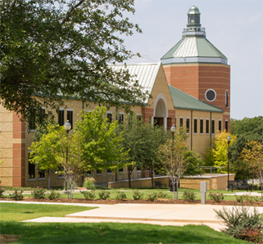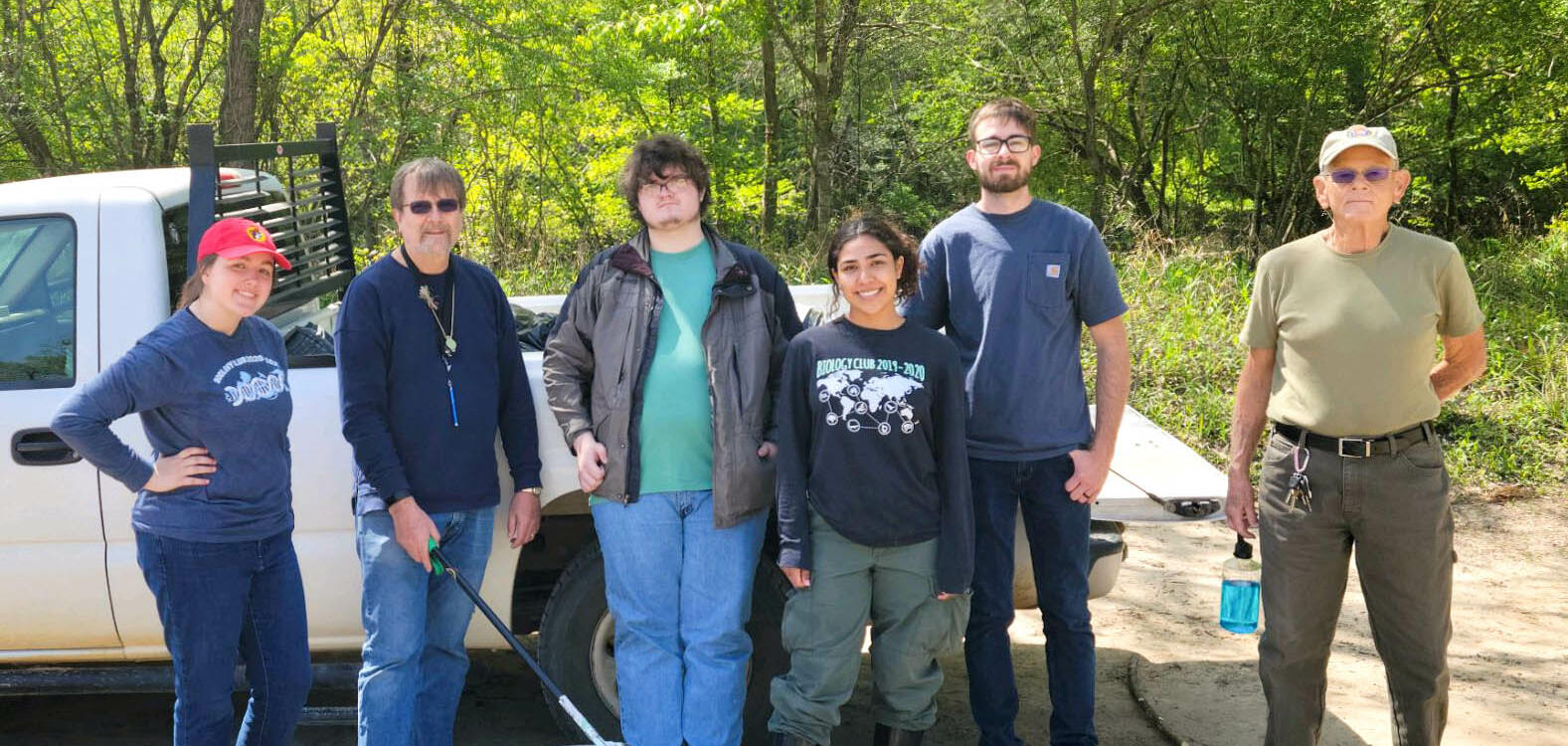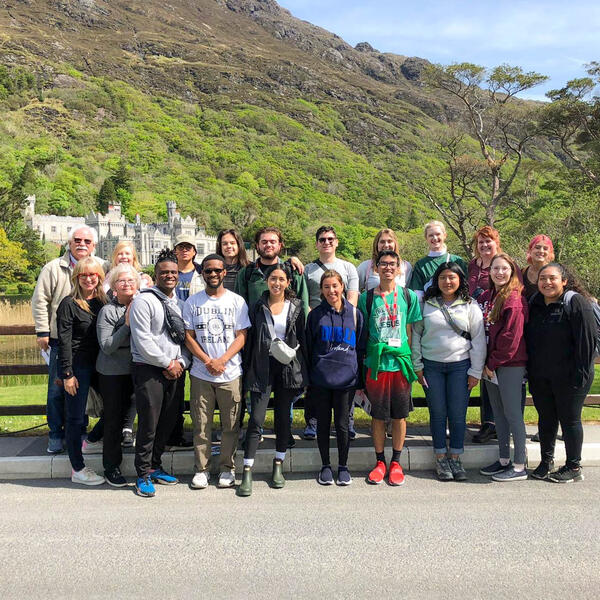Systematic Botany Class Visits Big Thicket National Preserve
Systematic Botany Class Visits Big Thicket National Preserve
On April 6-8, 2022, the Systematic Botany class went on a field trip to Southeast Texas and adjacent Louisiana to gain experience in field botany. The class visited examples of the coastal plains, the beach dunes, piney woods, and the eastern deciduous forest. They spent most of their time within the Big Thicket, an area that had been mostly wilderness until relatively recently. Several large tracts of land and many smaller ones are now protected as the Big Thicket National Preserve (BTNP) in the National Park System. The BTNP is a biodiversity hotspot, with well over 1,000 species of flowering plants, including many rare plants, even orchids, and four of the five species of carnivorous plants found in North America. It is a fantastic place to take a botany class with its various kinds of forests, grasslands, wetlands, and streams.
By the third day of the trip, most of the students had filled their plant presses, so they became volunteers for the BTNP for the morning. In the spirit of service that Southwestern Adventist University students are known for, they picked up trash at the boat ramp at Village Creek, nearly filling a National Park Service pickup truck with large, heavy trash bags.
Courses taught in the Department of Biological Sciences frequently involve short field trips to various parts of Texas or Oklahoma. Historically the Department of Biological Sciences required its graduates to attend an extended field trip to either Hawaii or Costa Rica. It will resume offering elective field courses such as Field Biology (for non-biology majors) and Field Ecology (for biology majors) in 2023. The course being planned will be called The Great North American Transect. These field courses will involve travel from the BTNP northward through Texas, Oklahoma, Arkansas, Kansas, Missouri, Nebraska, Iowa, North and South Dakota, Minnesota, and Manitoba, Canada. In Manitoba, Canada, students will board a train and travel to the Arctic, where they will likely observe polar bears. Along the way, they will learn about the flora and fauna, as well as the historic influence of biological resource extraction in these ecosystems. Students will be able to dip their toes into the Gulf of Mexico, and three weeks later dip their toes into Hudson’s Bay, part of the Arctic Ocean!
If you would like to be a part of the Department of Biological Science’s adventure field trip on The Great North American Transect, from the Gulf of Mexico to the Arctic, contact Dr. Schwarz at schwarz.arthur@swau.edu. Also, plan to sign up for spring semester 2023 for BIOL225 Field Biology, a general education science credit for non-biology majors, or BIOL325 Field Ecology for biology majors or minors. Don’t miss this incredible trip! Some camping will be involved, and an extra fee will be required. Space is limited to 10 students.
Caption: Pictured from left to right are Hannah Seidel, Dr. Arthur Schwarz, Caleb Hinde, Shelby Spears, Nicholas Upton, and a local volunteer at Big Thicket National Preserve.







